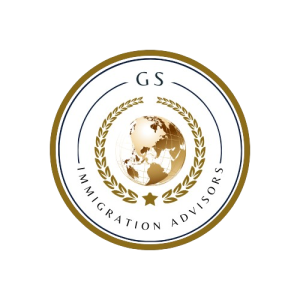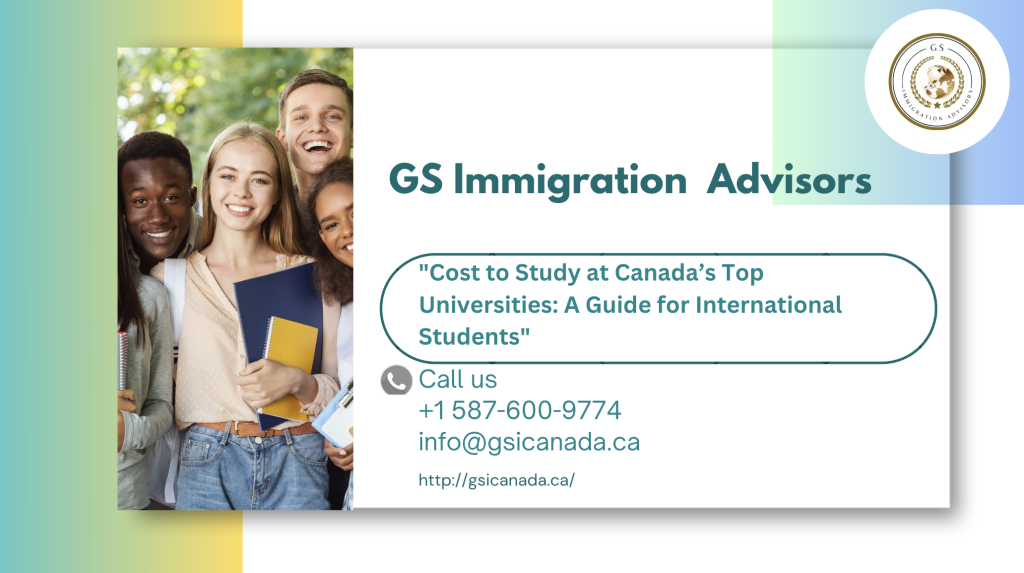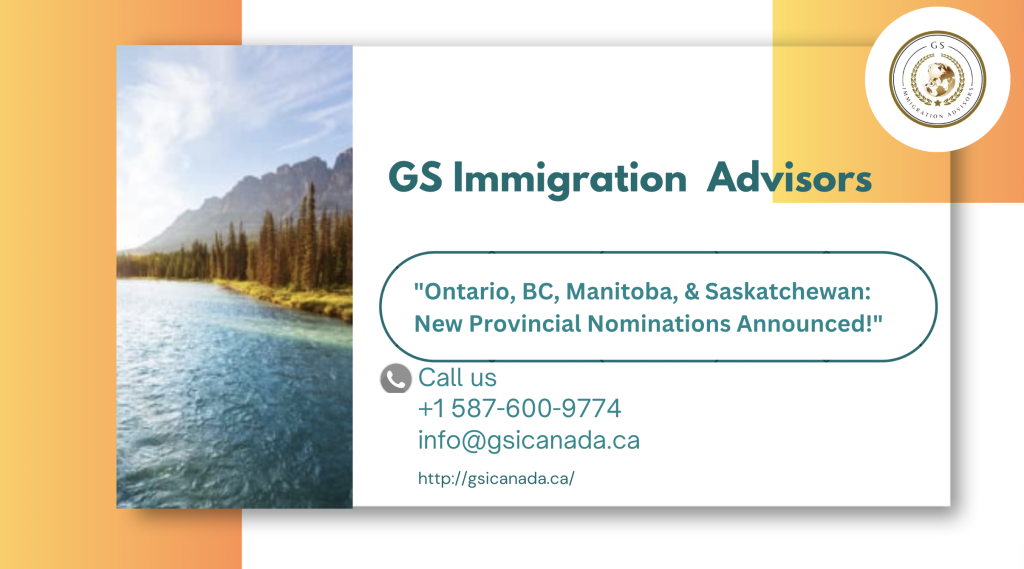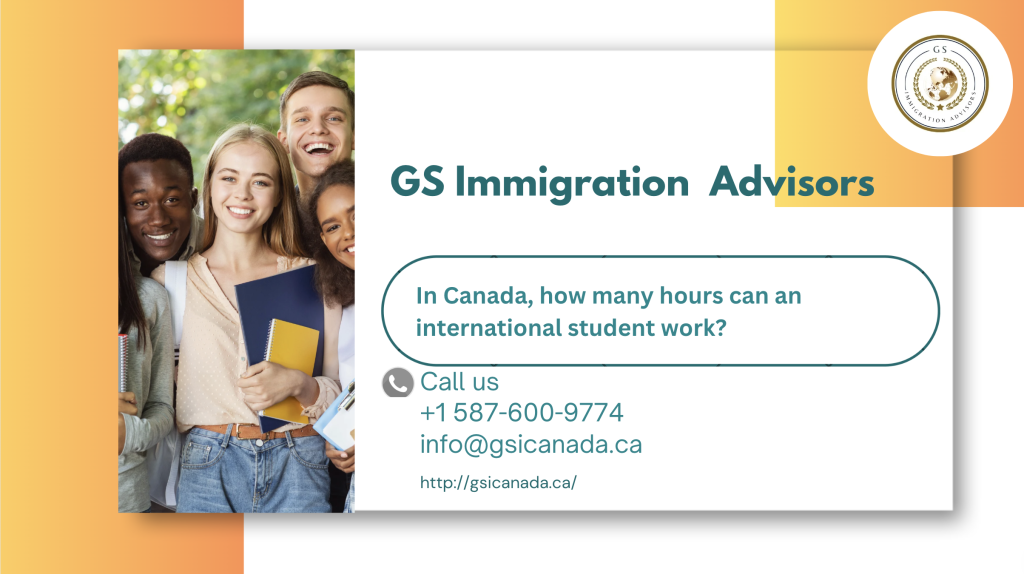“Cost to Study at Canada’s Top Universities: A Guide for International Students”
Canada’s multi-cultural environment and world-class educational institutions have made it a popular destination for overseas students over the years. Numerous factors need to be taken into account when selecting a designated learning institute (DLI), chief among them the expense of tuition. The weighted average yearly tuition cost for all full-time international undergraduate students in 2024, according to Statistics Canada, is $40,115. Discover your options to study in Canada Apart from tuition, students also have to take into account accommodation, and general cost of living. Keeping these factors in mind, here’s how much it would cost to study in Canada’s top universities as an international student. Note: For this list’s purpose, we’ve looked at the top universities across the country chosen by QS World University Rankings in 2025, which is based on factors like academic and employer reputation, research impact and more. All tuition costs mentioned in this article are in Canadian dollars (CAD). The cost of tuition is calculated for only one academic year. The average undergraduate program in Canada is three to five years, so the total cost of an undergraduate program will need to be calculated accordingly. Rental prices have been taken from Zumper, a digital marketplace for renters and property managers. University of Toronto University of Toronto (UoT) came in the 25th place in QS World University Rankings in 2024 making it the top Canadian university on the list. Founded in 1827, it is a public research university known for its expansive facilities. Students can choose between 700+ academic programs and have access to the largest academic library in the country. UoT has 11 colleges and three campuses, with the oldest located in downtown Toronto and two satellite campuses in Mississauga and Scarborough. Estimated tuition fees for international students 2024-25 Arts $61,720 Commerce $61,720 Engineering $67,370 While daily expenses depend on the campus chosen, the university recommends setting aside $1,000 for books and other equipment (like a laptop) and $8,000-$15,000 for campus accommodation and meal costs per year. If an individual choose to live off campus, the average monthly rent in downtown Toronto for a two-bedroom apartment is $3,000. Without taking into consideration food, it might come to $1,500 when divided between two students. University of McGill McGill University, which is located in Montreal, is frequently included among the nation’s best universities. Currently, the university provides more than 1,200 programs across its many colleges, schools, and institutes. Approximately thirty percent of its student body is international. The anticipated cost of tuition for overseas students in 2024–2025 Arts $47,281.69 Commerce $70,894.37 Engineering $66,327.91 Montreal also ranks among the QS Best Student Cities of 2025 which is based on factors such as university rankings, employer activity, affordability and student life. Living in Montreal also offers a lower cost of living as compared to Toronto and Vancouver, according to cost of living comparison website Numbeo. For those living off-campus, the cost of a two-bedroom apartment in Montreal comes up to $2,300 a month or $1,150 per student. The University of British Columbia Established in 1908, this is British Columbia’s oldest university, and it offers a diverse range of academic programs. The University of British Columbia (UBC) features two campuses – in Vancouver and the Okanagan valley – that attract 65,000 students from Canada and 140+ countries around the world today. The university also has some famous and highly specialized degrees in international economics, food market analysis and journalism. It also has international student advisors who can help make the transition easier for international students. Estimated tuition fees for international students 2024-25 Arts $ 47,189.40 Commerce (Sauder School of Business) $ 61,061.10 Engineering $ 60,622.65 Earlier this year, Vancouver ranked amongst most livable cities in the world according to the Economic Intelligence Unit (EIU). That being said, it does have a higher cost of living so students might need to account for that. The median monthly rent for a two-bedroom apartment in the area is $3,700 as of September 2024. That makes it about $1,850 per student. University of Alberta The University of Alberta placed within the top 100 in the QS World University Rankings in 2024. It features three campuses in Edmonton, and has over 200 undergraduate programs to choose from. Estimated tuition fees for international students 2024-25 Arts $33,968.40 Commerce $40,300.80 Engineering $45,482.40 Alberta is increasingly seen as a top spot for international students because of its more affordable cost of living and strong economic outlook. Edmonton, its second largest city, is fairly affordable, with the median monthly rent of a two-bedroom apartment being $1,650 (which comes up to $850 per student). Waterloo University According to Maclean’s University Rankings 2024, University of Waterloo has been the “most innovative university in Canada for 30 of the last 32 years.” The institution is well-known for its cooperative education (co-op programs), which provide students with chances for job-integrated learning by giving them access to first-hand work experience with major companies. Its three satellite campuses are located in downtown Kitchener, downtown Cambridge, and Stratford, Ontario, in addition to its flagship campus in the city of Waterloo. Estimated tuition fees for international students 2024-25 Honours Arts $57,000 Global Business and Digital Arts $55,000 Engineering $73,000 The cost of living depends on which campus a student chooses to study on. As of September 2024, the median rent for a two-bedroom rental in Waterloo, ON is $2,350 ($1,175 per student) per month. Dalhousie University Dalhousie University, commonly known as Dal, is located in Atlantic Canada and is placed 275th in the QS World University Rankings 2024. With four campuses in Halifax, one in Bible Hill, a medical school in Saint John, New Brunswick, and three campuses in Halifax, this public research university is the largest in Nova Scotia. It is a member of the U15 Group of Canadian Universities and offers more than 200 programs spread over 13 faculties. The anticipated cost of tuition for overseas students in 2024–2025 Arts & Social Science $33,814.00 Commerce $37,418.00 Engineering $43,248.00 Dalhousie is located close to the downtown area of Halifax, giving students



